IT Change Manager
Cardiff
- Full time
About the job
This vacancy has now expired. Please see similar roles below...
"Job Purpose
To provide strategic leadership, management and direction to change implementation and integrations across the entire IT department and into the Business. Leading the Change Team you will be key to bridging the gap between IT Service Operational and business teams. The Change Manager will be engaged throughout the delivery lifecycle to provide on-going support of the existing change process as well as reporting on Change metrics.
Accountabilities & Responsibilities
- Champions the importance and value of Change Management. Presents the principles of CM to relevant stakeholders.
- Develops new methods and organisational capabilities, including automation. Oversees the evaluation of new tools, techniques and processes.
- Develops Change Management strategies, policies, standards, and guidelines.
- Provides resources to drive adoption of, and adherence to, Change Management policies and standards. Measures and monitors adherence to standards and ensures consistent execution of the process across the organisation.
- Sets the organisation's policy for the management of change in live services and test environments. Evaluates or establishes the change control system, implementing improvements where necessary. Maintains the change control system in accordance with agreed procedures, ensuring conformance to documentation standards – including a process for emergency changes.
- Ensures effective control and treatment of risk to the availability, performance, security and compliance of the business services impacted.
- For major/strategically-significant changes, chairs and/or oversees meetings that review and progress the control of changes, such as change advisory boards (CABs).
- Reports to senior management on the progress and success or otherwise (i.e. failed changes and unauthorised changes) of the change control process, providing management information and statistics including performance against service level agreements.
- Ensures that the change control process is regularly reviewed and/or audited and ensures that findings and recommendations are addressed.
- Identifies improvements and gaps in Change Management related processes and works to implement solutions.
- Manages, supports and guides the work of groups of staff in line with organisational strategy.
- Allocates responsibilities, including supervisory and assigns packages of work to groups of staff. Ensures that work packages are aligned with the particular skills and abilities of teams. Supports teams in the delivery of work packages. Delegates work to individuals and teams, taking full account of skills and capabilities.
- Integrates staff into teams to perform packages of work, taking account of individual and team capabilities. Consider the importance of skill mix within teams. Is sensitive towards team dynamics.
- Optimises the performance of people, measuring and reporting on performance against agreed quality and performance criteria. Collects data on the performance of groups of staff. Gives regular feedback to teams and senior staff as to team performance on work packages.
- Conducts formal appraisals of the performance of team members. Facilitates a dialogue with team members about expectations, progress, performance and development needs. Participates, as appropriate, in formal processes such as compensation negotiations, grievance procedures, and disciplinary procedures.
- Facilitates effective working relationships within and between teams of staff. Motivates groups of staff and teams towards a high level of performance. Engages with, and empowers groups of staff. Acts as a role model for groups of staff, setting a standard, acting professionally at all times and working to a professional code of conduct and ethics.
- Advises individuals on career paths, and encourages pro-active development of skills and capabilities. Provides mentoring to support professional development.
- Participates, as appropriate, in formal processes such as compensation negotiations and disciplinary procedures.
- Creates job descriptions, as appropriate, in order to develop others and appraise performance. Understands link between professional development and performance management.
- Defines and manages probationary periods, setting out the requirements of the job, monitoring progress (e.g., regular interviews) and reacting to variances from expectations, organising training and development as required within appropriate timescales.
Knowledge and Experience Required
Strategic and Leadership Experience
- Has had practical involvement in all stages of the information systems lifecycle, from feasibility to support. Has substantial experience of dealing with internal and external users, other staff, developers and equipment/service suppliers. Demonstrates competence in evaluating and assimilating clients' policy frameworks, management structures and reporting procedures.
- Has had previous involvement in a number of stages of the development lifecycle and service management activities. Demonstrates superior communication skills with substantial experience in dealing with internal and external users. Demonstrates competence in evaluating and assimilating stakeholders' policy framework with specific emphasis on the change control specialism.
- Has gained expertise in the alignment of performance setting and assessment with organisational goals. Understands processes and procedures of performance management. Manages projects and organises the work of others. Demonstrates a responsible and disciplined approach, even under pressure. Has excellent and developed communication and negotiation skills. Understands the legal and best practice requirements of human resource management. Has a positive attitude towards diversity principles.
- Has completed ITIL foundation V4 qualification or above.
Behavioural Competencies
- Acquiring understanding and insights regarding the underlying issues in complex problems or situations through the development of abstract representations, the identification of patterns and the analysis of hypotheses.
- Keeping organisational objectives and strategies in mind, and ensuring courses of action are aligned with the strategic context.
- Taking account of new information or changed circumstances and/or business requirements and modifying response to a problem or situation accordingly.
- Retaining objectivity and proper understanding of a problem or situation when placed under conditions of stress.
- Making decisions at the appropriate time, taking into account the needs of the situation, priorities, constraints, known risks, and the availability of necessary information and resources.
- Understanding the hierarchy and culture of own, customer, supplier and partner organisations and being able to identify the decision makers and influencers.
- Understanding the needs, objectives and constraints of those in other disciplines and functions.
- Establishing relationships, contributing to an open culture and maintaining contacts with people from a variety of backgrounds and disciplines. Effective, approachable and sensitive communicator in different communities and cultures. Ability to adapt style and approach to meet the needs of different audiences.
- Conveying a level of confidence and professionalism when engaging with stakeholders, influencing positively and persuading others to take a specific course of action when not in a position of authority.
- Clearly articulating goals and objectives, and motivating and leading others towards their achievement.
- Directing others to undertake specified tasks within a defined timescale.
- Delegating tasks, responsibilities and authorities effectively.
- Checking progress against targets, taking action to resolve exceptions/ issues and reporting and escalating where necessary.
- Helping others to understand their values, needs, goals and limitations and coaching them to develop their effectiveness towards the limits of their potential.
- The ability to think clearly and rationally; review and evaluation of processes and outputs; the ability to engage in reflective and independent thinking; reasoned thinking involving critique.
Technical and Role Based Skills
- Technical or functional understanding of Commercial Off-the-Shelf (COTS) applications and/or other bespoke software deployed within the organisation in order to provide system configuration, audit, technical, and/or functional support.
- Applying standards, practices, codes, and assessment and certification programmes relevant to the IT industry, and the specific organisation or business domain.
- Knowledge of the IT/IS infrastructure and the IT applications and service processes used within own organisation, including those associated with sustainability and efficiency.
- The IT products and/or services supplied to internal and external customers by own organisation.
- The business environment relating to own sphere of work (own organisation and/or closely associated organisations, such as customers, suppliers, partners and competitors), in particular those aspects of the business that the specialism is to support (i.e. localised organisational awareness from a technical perspective).
- The IT environment relating to own sphere of work (own organisation and/or closely associated organisations, such as customers, suppliers, partners), in particular own organisation's technical platforms and those that interface to them through the specialism, including those in closely-related organisations.
- Understanding and application of different development approaches e.g. iterative/ incremental methodologies (Agile, XP, TDD, SCRUM) or traditional sequential methodologies (Waterfall or V-Model). Irrespective of development methodology a DevOps approach may also be taken where development and operational staff work collaboratively.
- The collaborative approach consisting of agile practices, processes, and procedures designed to facilitate rapid IT service and product delivery. DevOps emphasizes people (and culture) and seeks to improve collaboration between development (Dev) and operations (Ops) teams with the aim of shortening the systems development life cycle to provide continuous release of high-quality software.
- A collection of methods, practises, tools and techniques, underpinned by the Agile Manifesto, that enable teams to deliver high value products and services in small, workable, increments. An Agile culture typically encompasses concepts such as Servant-Leaders; ceremonies, Stand-Ups, Sprints and Retrospectives; and the deployment of tools and techniques such as Backlogs and A/B Testing.
- Methods and techniques for the organisation, storage and version control of information in both paper and electronic formats.
- The activities, structure, and position in the organisation of the functions or departments for which services are provided.
- Methods and techniques used when interviewing someone for a job or position.
- Relevant national and international legislation.
- Methods and techniques for delivering effective and accessible presentations, either face-to-face or online within various contexts and to a variety of audiences.
- Methods and techniques for appraising an individual's performance and potential.
- Methods and techniques for running effective meetings and for understanding and influencing the roles played by participants.
- Methods and techniques for coaching individuals or groups by a balanced combination of support and direction, including use of virtual learning environments plus add-ons to augment feedback specific to work items, workflow or career plans.
- The procedures used within own organisation for staff learning and development.
- The effective and efficient routine deployment of resources, (but also including reassessment and reallocation in a dynamic multi-project environment), to achieve optimum results.
- Establishing relationships, analysing perspectives and managing stakeholders from a variety of backgrounds and disciplines. Adapting stakeholder engagement style to meet the needs of different audiences. The identification of key business stakeholders and an assessment of their level of power and interests, and their perspectives to inform the way(s) in which they should be considered and managed.
- Identifying, agreeing and monitoring (usually by face-to-face interviews) objectives and deliverables with individuals. Identifying under-performance issues against agreed quality standards and performance criteria. Identifying gaps in capability and causes, disciplinary or ability-related (needing assistance, training or other support).
- Managing episodes of unsatisfactory behaviour or performance in accordance with appropriate policies and legislative conformance. Includes changes to circumstances, such as sickness, disability and other personal issues.
- Knowledge and understanding of the psychological and environmental forces that influence the direction of team behavior and performance and the tools and techniques to improve team cohesion and performance.
Our Commitment to You
At Admiral, we are committed to being a diverse and inclusive workplace. Admiral is proud to be an equal opportunities employer and does not discriminate on the basis of race, sex (including pregnancy, childbirth, reproductive health decisions, or related medical conditions), national origin, gender, gender identity, sexual orientation, disability, age, or any other legally protected status.
All qualified applicants will receive equal consideration for employment.
Salary, Benefits, and Work-Life Balance
We do not have a set salary for this position, as it will be dependent on the successful candidate’s experience. We are happy to see CVs from all candidates who meet the requirements and will be happy to discuss the remuneration package.
At Admiral, we are proud to be a diverse business where we put our people and customers first. We have great benefits to ensure employees have a great work-life balance; it's one of the reasons we’re consistently voted one of the Sunday Times Best Big Companies to work for in the UK. We want you to have an element of freedom to define a working lifestyle that supports this, so accommodate flexible hours wherever possible.
All colleagues will receive 33 days holiday (including banks holidays) when they join us, and this will increase with length of service, up to a maximum of 38 days (including banks holidays). You also have the option to buy or sell up to five days of annual leave in addition to your allocation.
You can also view some of our other key benefits here.
#LI-NT1
- Full time
- Admiral Tech
__jobinformationwidget.freetext.LocationText__
Cardiff
 Nicholas Thomas
Nicholas Thomas
Business Support Recruitment Officer
What areas do you look after?
I currently support Tech Recruitment.
Tell us about you and your Admiral story?
I joined Admiral in February 2012 as a Sales Executive and quickly grew fond of Admiral and its culture. It was clear there were many opportunities and different career paths. I moved over to our Claims function in 2014 as a Case Handler and from there I moved into Claims Underwriting, which lead to an opportunity to work in our IT department in a semi-technical role. I gained valuable insight into a side of the business that I never thought would have been possible. The time was then right to move into our People Services department where I have been since November 2018.
Why would you recommend Admiral?
I really could go on and on as there are so many reasons for me but if I had to pinpoint two, it would be the people and the opportunity for self-development and career growth.

Guidance for using AI during the hiring process
We welcome you to use AI tools to support your application if you choose. Your use of AI won’t affect how you are assessed. However, if you do decide to use it, we encourage you to use it thoughtfully and effectively.
Find out MoreOur Achievements
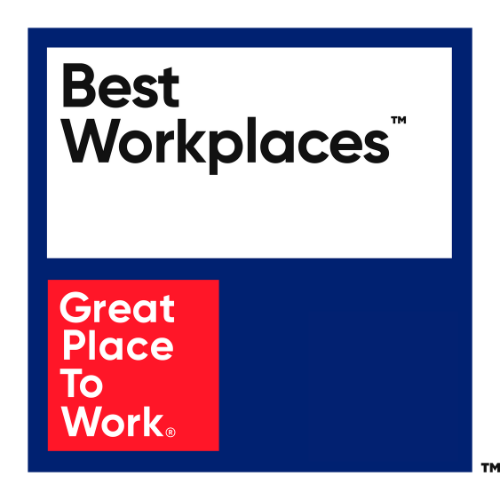
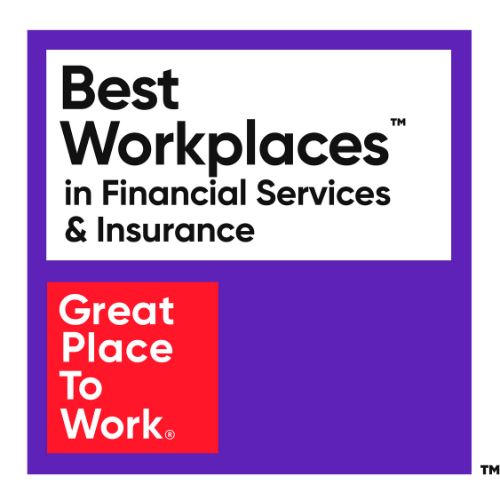

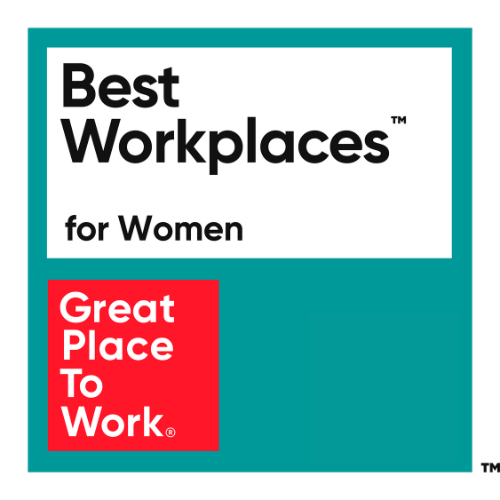

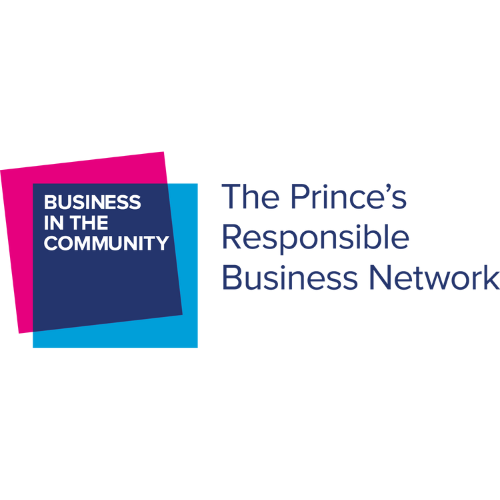


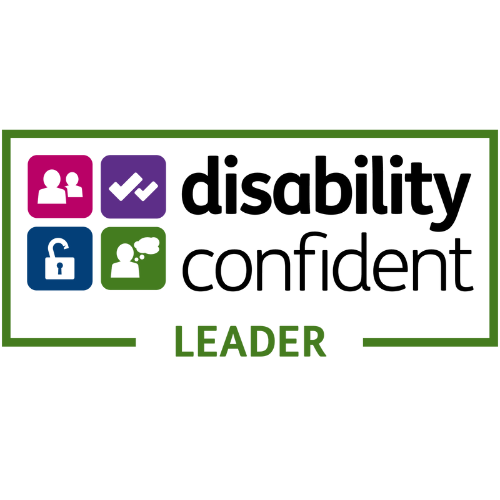






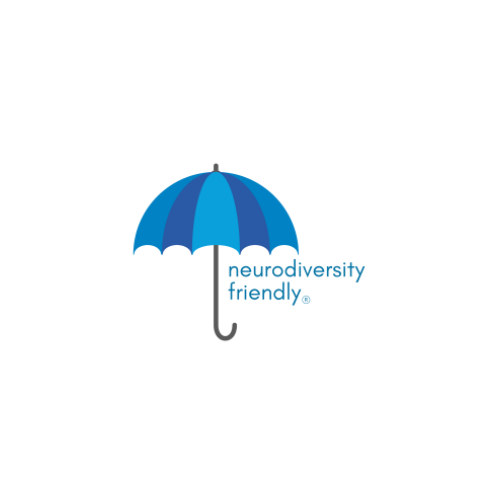

Related jobs
Salary
Location
Cardiff
Job Type
Full time
Location
Cardiff
Brand
Pioneer
Department
Admiral Pioneer
Description
Admiral Business sit within the Admiral Group, and are the experts in business insurance, offering SME insurance for tradespeople, professionals, and couriers. They build products and services that pu
Reference
11323
Expiry Date
01 Jan 0001

Vacancy managed by
Meg Evans
Vacancy managed by
Meg EvansSalary
Location
Hybrid
Job Type
Full time
Location
Hybrid
Brand
Admiral Group
Department
Claims
Description
It’s an exciting time for Admiral as it continues to embark on its diversification strategy with our newest product – Pet Insurance, launched in the summer of 2022, growing superbly well throughout 20
Reference
11385
Expiry Date
01 Jan 0001

Vacancy managed by
Sophie Smith-Phillips
Vacancy managed by
Sophie Smith-PhillipsSalary
Location
Cardiff
Job Type
Full time
Location
Cardiff
Brand
Admiral Group
Department
HR
Office address
Tŷ Admiral, David Street, Cardiff, CF10 2EH
Description
We are looking for an Agile & Lean Centre Manager to shape the direction of our Agile & Lean learning programmes and act as a centre of excellence for business agility. This is an exciting opportun
Reference
10823
Expiry Date
01 Jan 0001

Vacancy managed by
Abbi James
Vacancy managed by
Abbi JamesOur Benefits
We know our colleagues work hard to serve our customers and keep us innovating, so it’s important to us that they’re well-rewarded.
Alongside our competitive pay we also offer a share package, career growth and development opportunities and a whole host of other great benefits!
Explore our benefits below to discover Where You Can
Where You Can Be You

Financial & Mortgage
Advice

24-Hour
Ecare

Cycle to Work
Scheme

Annual Holiday
Allowance

Flexible
Working

Simply
Health

Private Health
Cover

Critical Illness
Cover
Where You Can Grow & Progress

Learning and
Development

Educational
Sponsorship

Accredited
Qualifications ILM
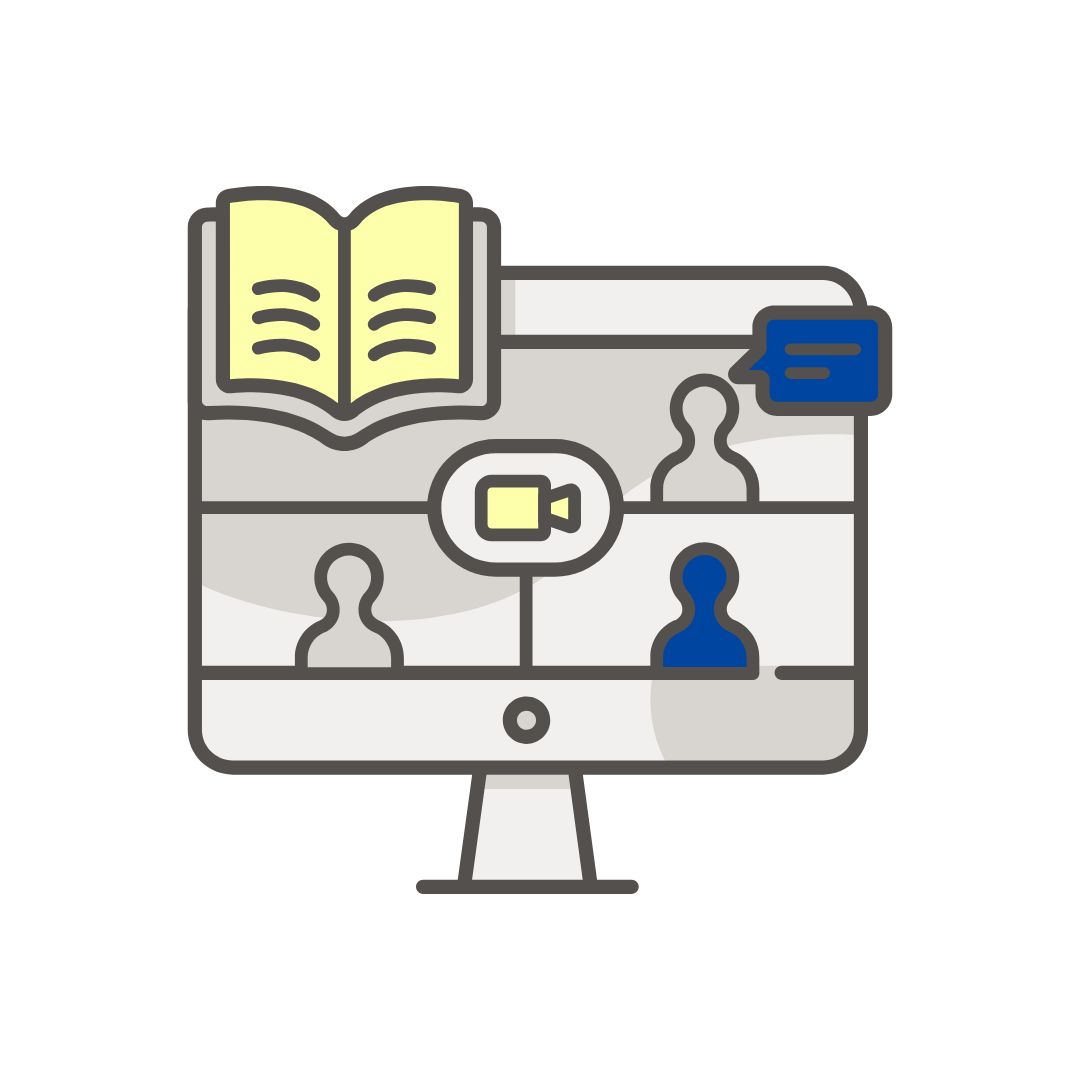
iLearn
Online Learning

Buy a Book
Scheme
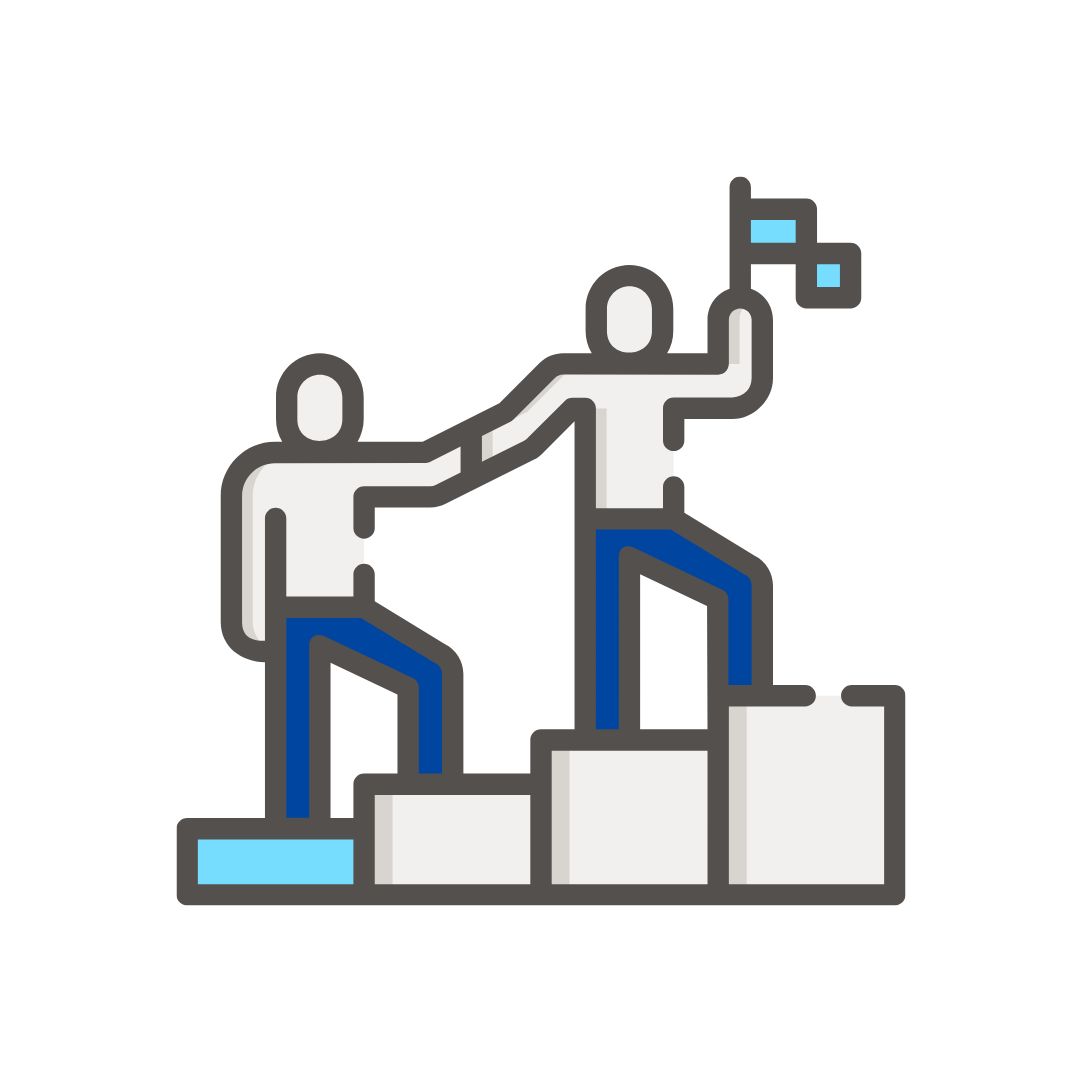
Developmental
Coaching

Port of
Calls
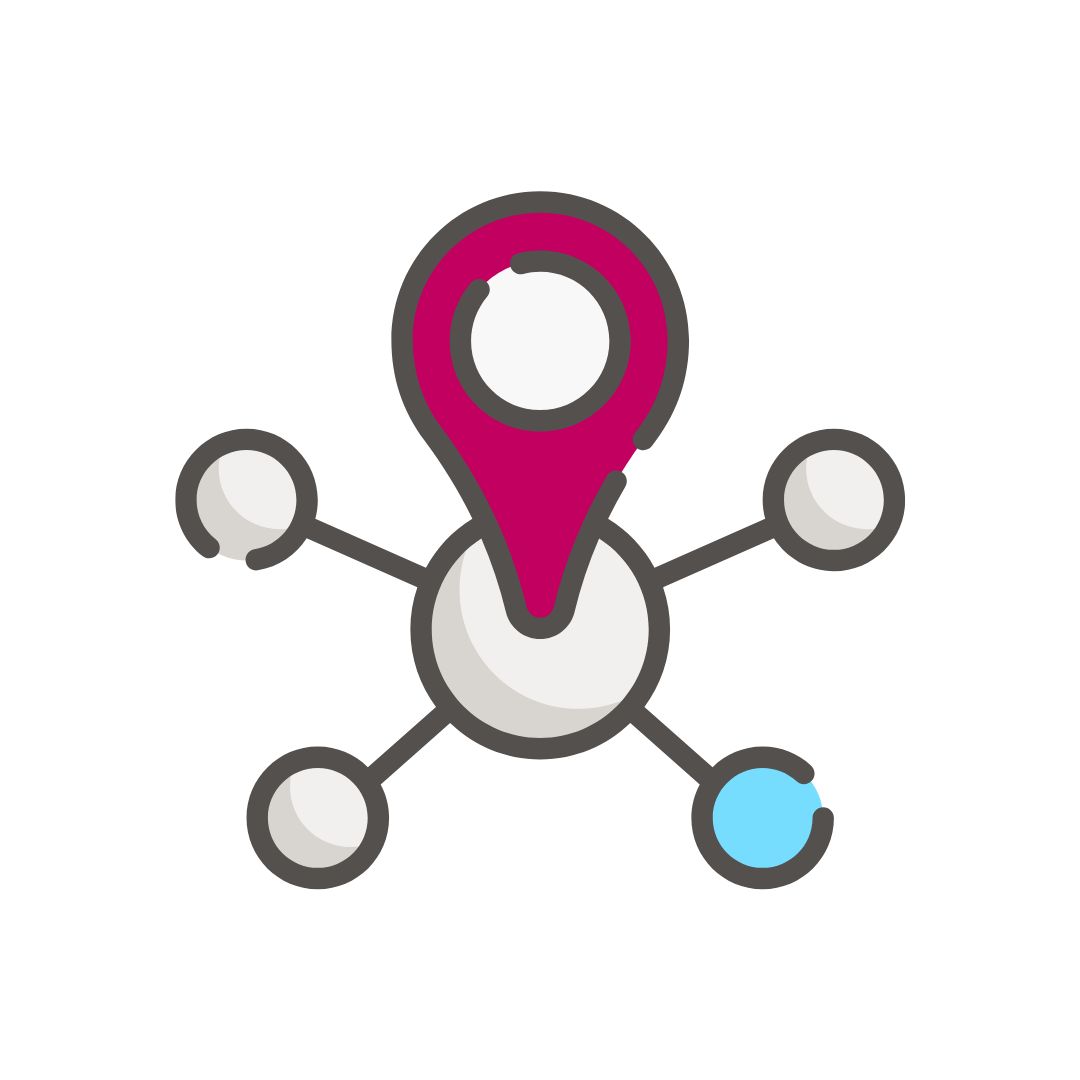
Internal
Mobility
Where You Can Make a Difference

Groups and
Societies

Socials and Team
Days Out

Multi Faith / Quiet
Rooms

Admiral Community
Fund

Give as You
Earn

Awards and Star
Lunches

Corporate Social
Responsibility

Impact
Hours
Where You Can Share In Our Future
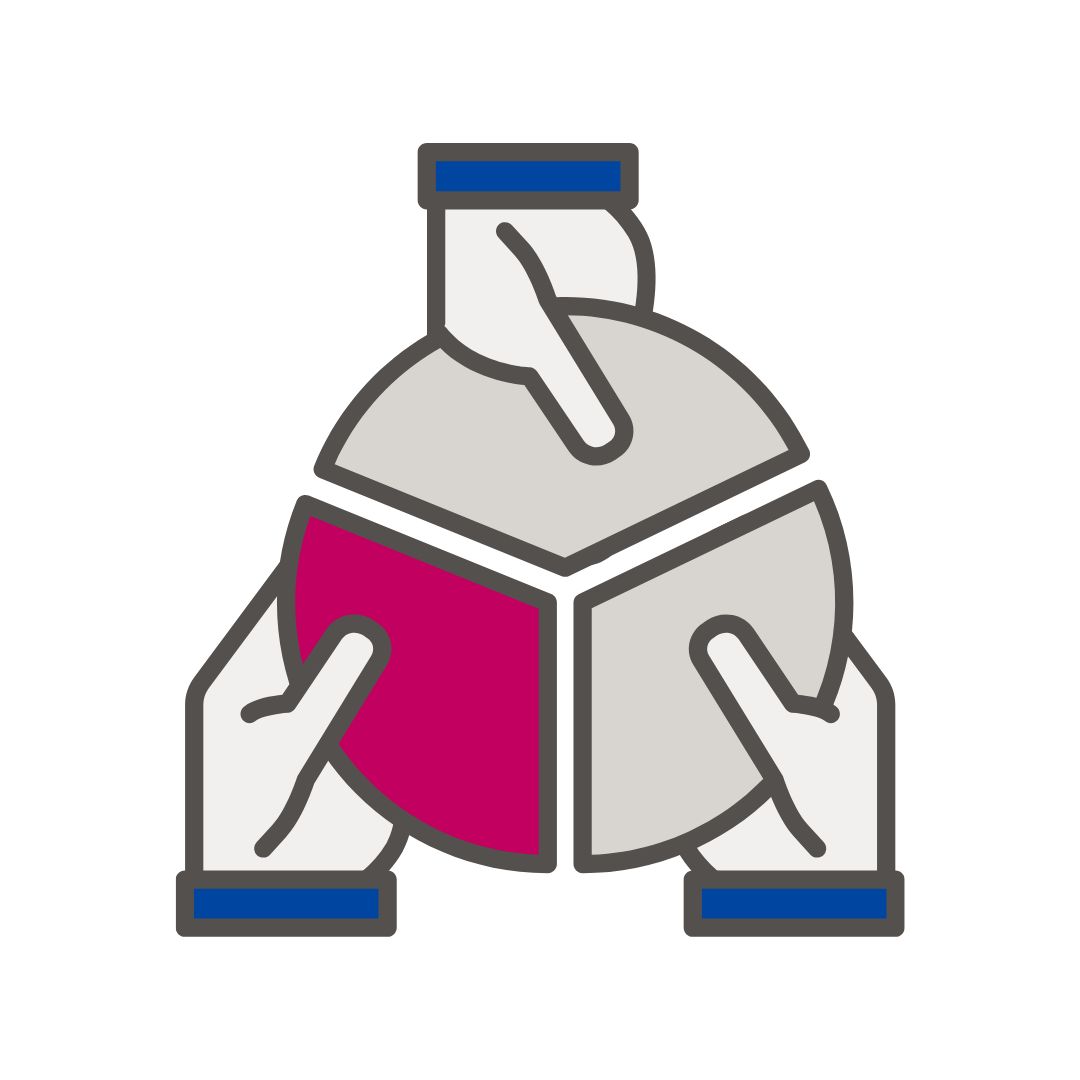
Share
Schemes

Refer a Friend
Bonus

Colleague and Family
Insurance Discount
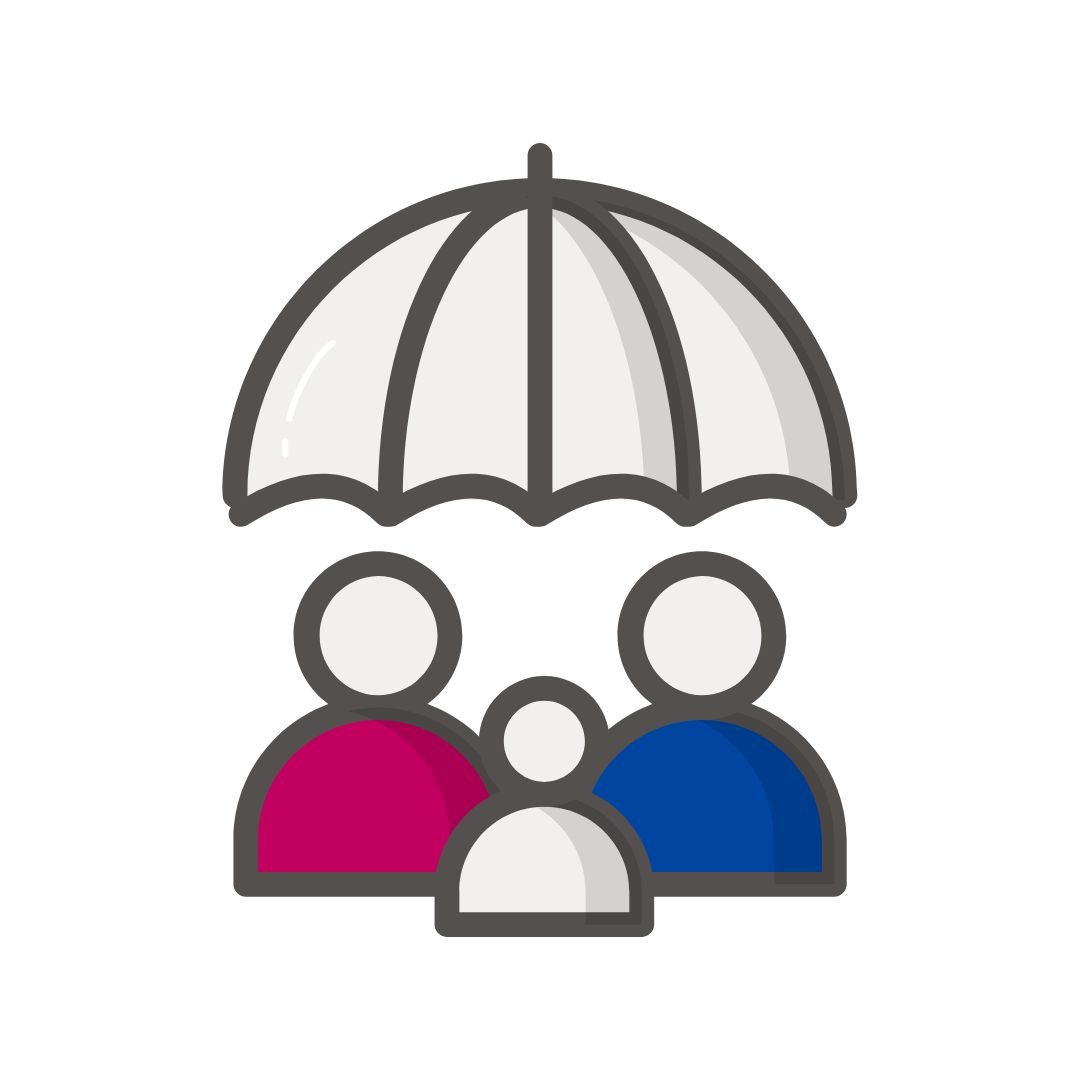
Group Life
Assurance

Pension
Scheme

Life Event
Loan

Tickets to Sponsored
Events

Tusker Salary
Sacrifice


